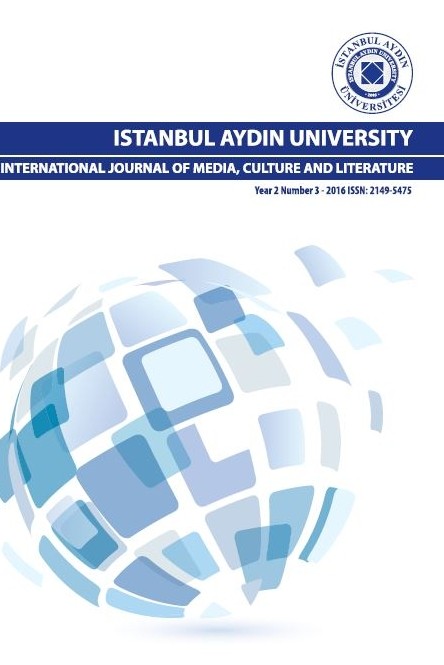Reflections on Shelley’s Poetry in the Light of his A Defense of Poetry Essay: Does the Poet Have a Divine Power?
Reflections on Shelley’s Poetry in the Light of his A Defense of Poetry Essay: Does the Poet Have a Divine Power?
Percy Bysshe Shelley was stimulated to write his greatest well-known work of prose, a Defense of Poetry. Shelly was highly provoked by a friend “Thomas Peacock”, who criticized the modern poetry and prompted Shelley to write his zealous defense where he questions whether a poet is a philosopher or a rational thinker? He also states that poetry’s main focus is to reveal the exquisiteness of the world that is deceptively concealed in our busy world of ambiguity and darkness. Moreover, Shelley presents the poet as a person who has a considerate, mystical gratitude to nature; the poet has the authority to interpret the indefinite and hidden or unhurt certainties with the virtue of his individuality and heavenly supremacy he enjoys
Keywords:
Poetry, Poet, Defense, Imagination Divine Power,
- ISSN: 2149-5475
- Başlangıç: 2015
- Yayıncı: İstanbul Aydın Üniversitesi
